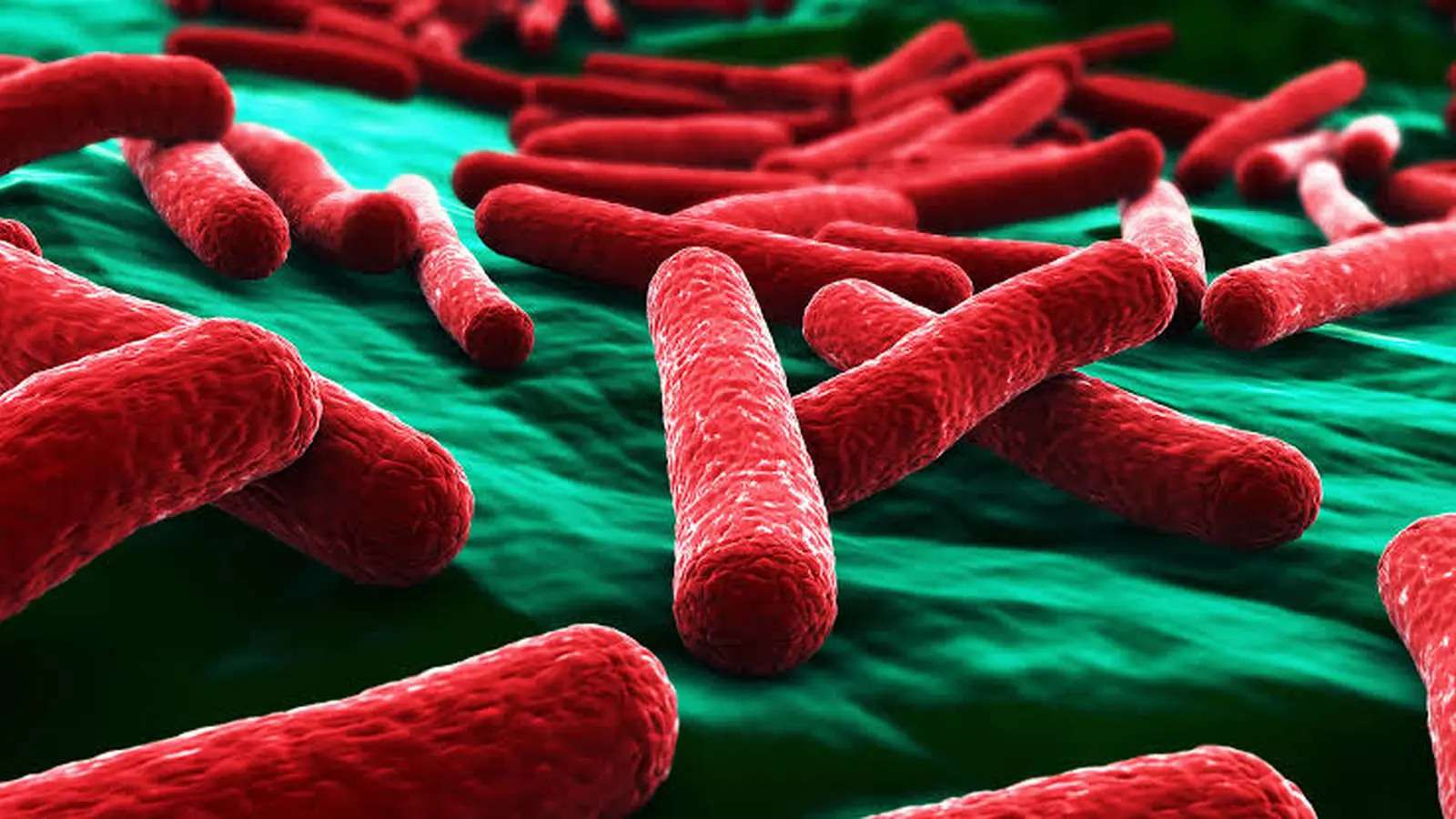4 Minutes
A new meta-analysis suggests that transferring healthy gut microbes into people with depression can ease symptoms — especially when the microbial material is delivered directly into the colon. The effect appears strongest for patients who also have irritable bowel syndrome (IBS), but benefits may fade by six months.
What the review examined and why it matters
Researchers led by Xiaotao Zhang at Nanjing University pooled data from 12 randomized controlled trials conducted between 2019 and 2024. Together the trials enrolled 681 participants in China, the US, Australia, Canada, and Finland. Their analysis, published in Frontiers in Psychiatry, explored whether fecal microbiota transplantation (FMT) — the transfer of a healthy community of gut microbes from one person to another — could relieve symptoms of major depressive disorder.
The headline finding: FMT produced measurable antidepressant effects, with the strongest and most sustained improvements seen when donor material was delivered rectally (via colonoscopy, enema, or other lower-gut routes) rather than taken orally. The benefit was particularly notable among people who also had IBS, a condition long linked to shifts in gut microbiome composition.
How fecal transplants might influence mood
The gut microbiome is a complex ecosystem of bacteria, fungi, protists and viruses that helps digest food, regulate immunity, and communicate with the brain through chemical and neural pathways. Growing evidence connects gut dysfunction with mood disorders: inflammation, altered metabolites, and immune signaling from the intestine can all influence brain circuits involved in emotion and motivation.

FMT aims to rebuild a degraded microbial ecosystem after illness, antibiotics, or other disruptions. By restoring a healthier mix of microbes, clinicians hope to reduce gastrointestinal inflammation and rebalance metabolic signals that feed back to the brain. The review’s authors summarize this logic and report that at least for some patients, reintroducing a diverse microbial community coincides with improved depressive symptoms.
Limits, risks, and open questions
Important caveats temper the enthusiasm. Follow-up in the analyzed trials ranged from two weeks to 12 months, and some studies tested only a single FMT dose. Effect sizes shrank around the six-month mark, indicating that benefits might not be permanent. The review authors call for longer, well-controlled trials with standardized depression measures to establish durability and best practices.
There are also safety concerns. Transferring microbes carries risk if donor material contains pathogens or organisms that behave unpredictably in a new host. Microbes beneficial in the large intestine can produce harm if they colonize the small intestine. For these reasons, FMT must be performed under medical supervision with rigorous donor screening — not at home.
Clinical implications and future directions
Beyond depression and IBS, FMT has shown promise for conditions from recurrent C. difficile infection to metabolic disorders like obesity and type 2 diabetes. Some researchers have proposed banking an individual's stool while they are young and healthy for potential future therapeutic use. With approximately 330 million people worldwide living with depression and many not responding to current treatments, microbiome-targeted therapies offer a novel avenue worth exploring.
As Zhang and colleagues note, 'Fecal microbiota transplantation exerts a sustained and progressively enhanced antidepressant effect,' but the field needs larger, longer randomized trials to confirm who benefits most and how to maintain gains over time.
For now, FMT remains an experimental adjunct to established depression care. If you or someone you know is considering microbiome-based therapies, consult qualified medical professionals and rely on regulated clinical programs rather than DIY approaches.
Source: sciencealert


Leave a Comment